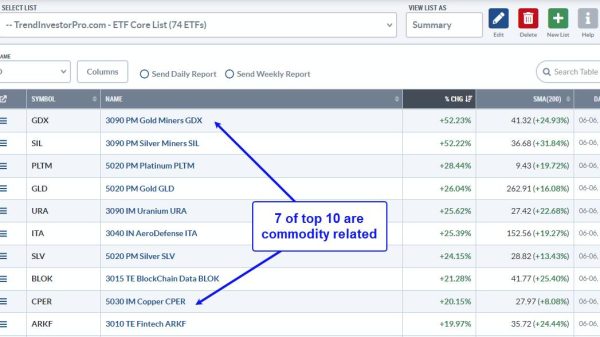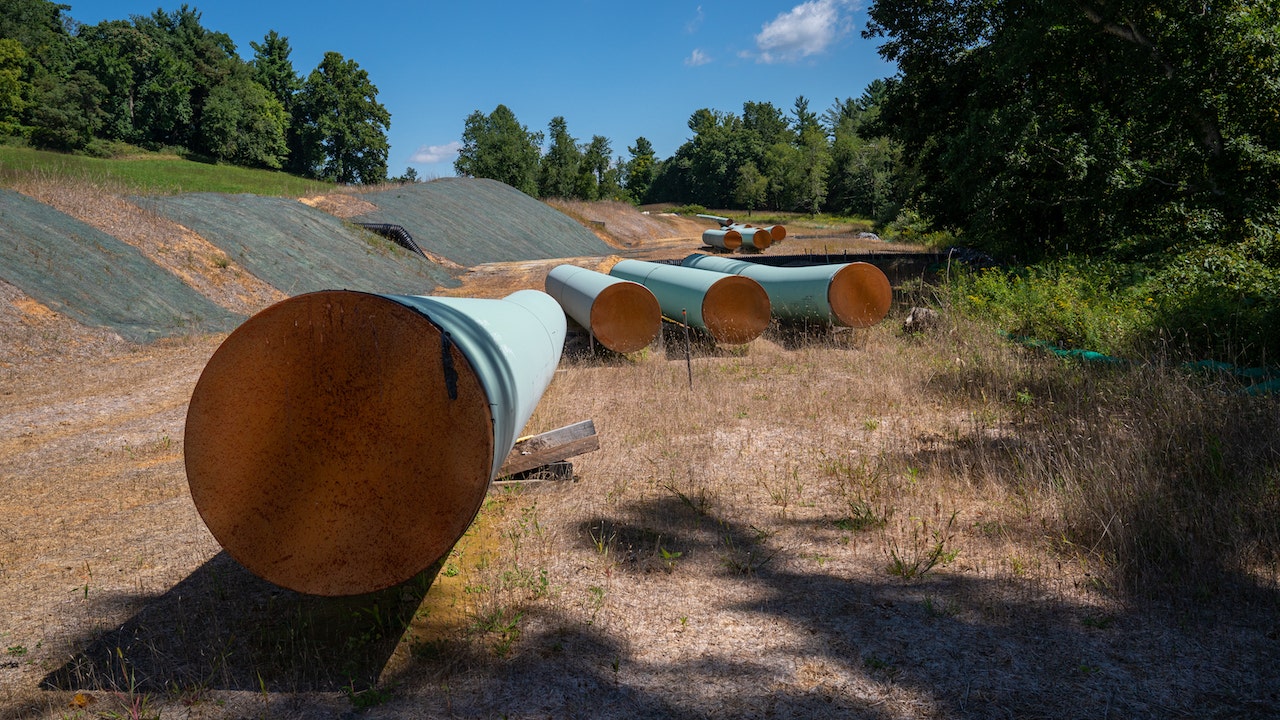The Biden administration cleared a large West Virginia-to-Virginia natural gas pipeline project to be constructed through federal forest land, a key step in approving it to resume construction.
The Department of Agriculture’s Forest Service issued a record of decision Monday afternoon, allowing the Mountain Valley Pipeline (MVP) project to cut through a 3.5-mile stretch of the Jefferson National Forest (JNF) along the West Virginia-Virginia border. The determination clears the way for the project — which is 94% complete, but has been mired in a lengthy permitting process for years — to finish construction.
‘Under the proposed action, the Forest Service would amend the JNF Forest Plan as necessary to allow for the MVP to cross the JNF and concur in a decision by the [Bureau of Land Management] to grant a [right of way permit] and a [temporary use permit] under the [Mineral Leasing Act],’ Agriculture Under Secretary Homer Wilkes wrote in the decision.
While the decision allows MVP developer Equitrans Midstream, a Pennsylvania-based natural gas transmission company, to construct the pipeline in the 3.5-mile stretch through the JNF, the Forest Service is requiring it to obtain any outstanding federal and state permits before beginning on construction.
The project is awaiting a record of decision from the Bureau of Land Management and authorization from the U.S. Army Corps of Engineers. And the U.S. Fish and Wildlife Service’s recent permitting decision in favor of the pipeline is being challenged in federal court while a permit issued by the West Virginia Department of Environmental Protection was struck down by a federal court in April.
The Forest Service’s determination Monday, meanwhile, comes after the agency’s two previous approvals for the pipeline to cut through the JNF were rejected by a federal judge in 2018 and 2022, respectively. Environmentalists have adamantly opposed the project, arguing it would destroy sensitive land and ecosystems.
‘The Forest Service’s preferred alternative to allow MVP to rip through the Jefferson National Forest grossly underestimates the lasting environmental harms from the project, ignores the overwhelming public opposition to sacrificing this treasured land and shirks the agency’s responsibility to steward forests,’ Jessica Sims, a field coordinator for environmental group Appalachian Voice, said Monday.
‘We maintain that the Mountain Valley Pipeline cannot be built through the Jefferson National Forest without lasting damage to sensitive forests, habitats and waters,’ Sims added. ‘Amending a forest plan 11 times to accommodate a ruinous project on federal land is unacceptable.’
The approval also comes as Sen. Joe Manchin, D-W.Va., has repeatedly criticized the Biden administration over its energy and climate policies. Manchin has been a vocal proponent of the project, arguing it would create 2,500 construction jobs, $40 million in new tax revenue for his home state, $10 million in new tax revenue for Virginia and up to $250 million in royalties for West Virginia landowners.
Overall, the 303.5-mile pipeline would transport about two billion cubic feet per day of natural gas from West Virginia to consumers in the Mid- and South Atlantic. Energy Secretary Jennifer Granholm penned a letter last month to Federal Energy Regulatory Commission members, arguing that the project would help boost reliable energy for Americans.
Equitrans announced last year that it expected the pipeline to go into service during the second half of 2023. Federal regulators gave the company until 2026 to complete the project.
The Forest Service didn’t immediately respond to a request for comment.

























